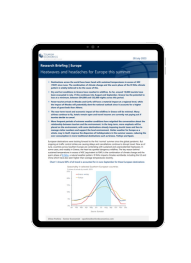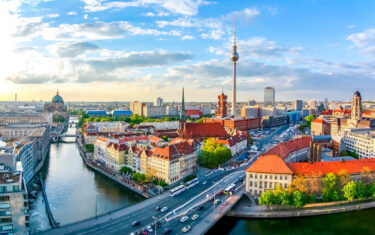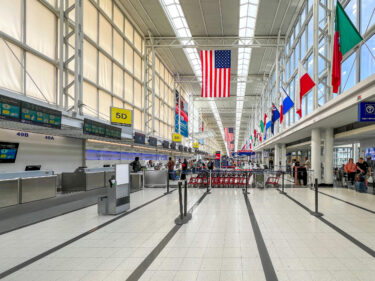Heatwaves and headaches for Europe this summer

Destinations across the world have been faced with sustained temperatures in excess of 40C (104F) since June. The combination of climate change and the warm phase of the El Niño climate pattern is widely believed to be the cause of this.
What you will learn:
- Dry and hot conditions in Greece have resulted in wildfires. So far, around 19,000 tourists have been evacuated in July. If this continues into August and September, Greece has the potential to lose at a minimum, between 304,000 and 532,000 nights across this period.
- Fewer tourist arrivals in Rhodes and Corfu will have a material impact at a regional level, while the impact of Rhodes will potentially dent the national outlook since it accounts for a higher share of guest beds than Athens.
- The near-term travel and economic impact of the wildfires in Greece will be minimal. Many airlines continue to fly, hotels remain open and travel insurers are currently not paying out if tourists decide to cancel.
- More frequent periods of extreme weather conditions have reignited the conversation about the relationship between tourism and the environment. In the long-term, more emphasis will be placed on the environment, with some destinations already imposing tourist taxes and fees to manage visitor numbers and support the local environment.
Tags:
You may be interested in

Post
US Rolls Up Welcome Mat for International Travel
Research Briefing Heatwaves and headaches for Europe this summer Trump tariffs set to raise effective rate above 1930s levels.
Find Out More
Post
Global travel outlook remains strong despite headwinds
Research Briefing Heatwaves and headaches for Europe this summer The latest global travel service highlights key trends and uncertainties.
Find Out More
Post
Resilient global tourism outlook despite downturn in sentiment
Research Briefing Heatwaves and headaches for Europe this summer Nearly two-thirds of tourism experts developed a negative view of the economy in recent months.
Find Out More
Post
Trade war scenario threatens US travel sector
Research Briefing Heatwaves and headaches for Europe this summer International travel to the US is expected to decline.
Find Out More
Post
Tourism Key Themes 2025: Growth continues amid greater uncertainty
Travel demand will continue to grow in 2025, despite heightened uncertainty in key demand drivers and markets.
Find Out More